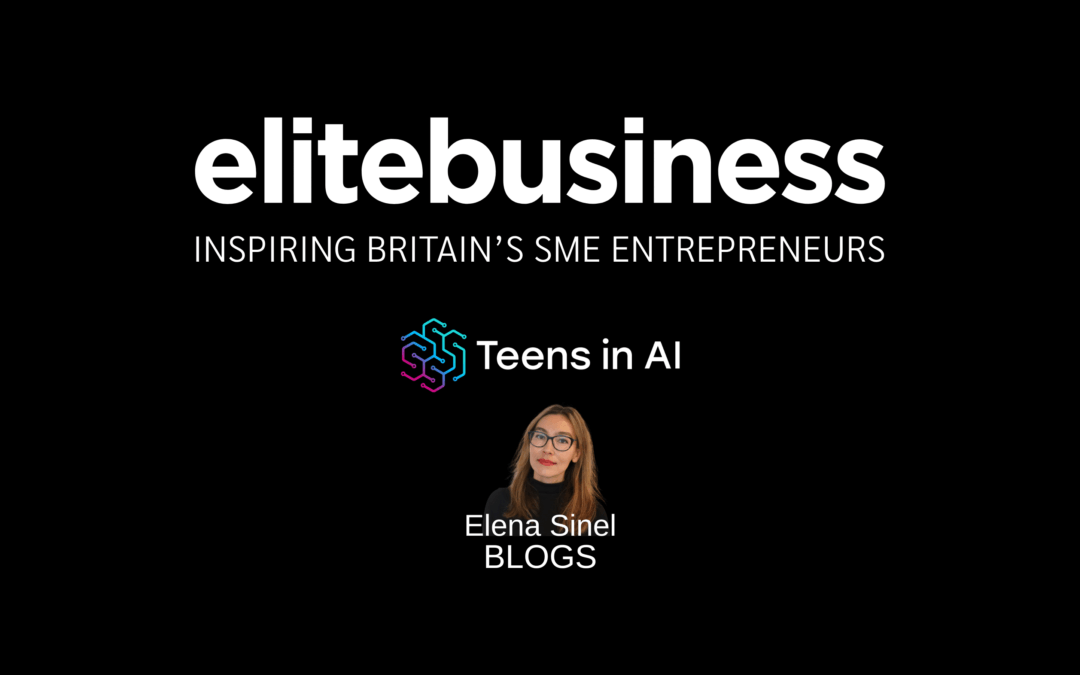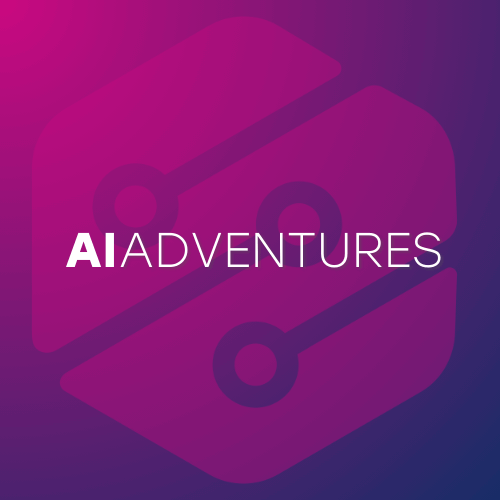The world of work is rapidly changing due to Artificial Intelligence (AI). Yet, the skills currently taught in UK schools aren’t keeping pace. This mismatch threatens future employability and the UK’s potential for innovation.
Studies show a significant gap between the demand for AI skills and the availability of qualified workers. To bridge this gap, AI literacy needs to be embedded into the curriculum from a young age (12-18 years old).
AI concepts should be integrated into various subjects like biology, physics, and geography. This can be done by showcasing real-world applications of AI, such as AlphaFold (protein folding) or SpaceML (analysing satellite imagery).
AI Education Needs to be Ethical and Inclusive
Understanding the ethical implications of AI is crucial. Students should be taught to consider the societal impacts of this technology.
There’s also a concerning lack of diversity in AI fields. Encouraging girls and minorities to pursue STEM (Science, Technology, Engineering, and Mathematics) is essential to ensure a well-rounded and innovative future workforce.
Initiatives like “AI Adventures” aim to address this by inspiring girls and underrepresented youth to explore AI and technology.
Working Together for an AI-Literate Future
Collaboration between educators, policymakers, and the tech industry is crucial. The tech industry can provide students with real-world AI applications, while policymakers can invest in resources and training.
By working together, we can ensure AI literacy becomes a cornerstone of education, preparing future generations to lead the AI revolution responsibly and ethically.
Read the full article authored by Elena Sinel.
Photo credit: Elite Business Magazine
Elena Sinel shares insights the critical need for AI skills in the workforce.
Read the full article on Elite Business Magazine’s News pages


